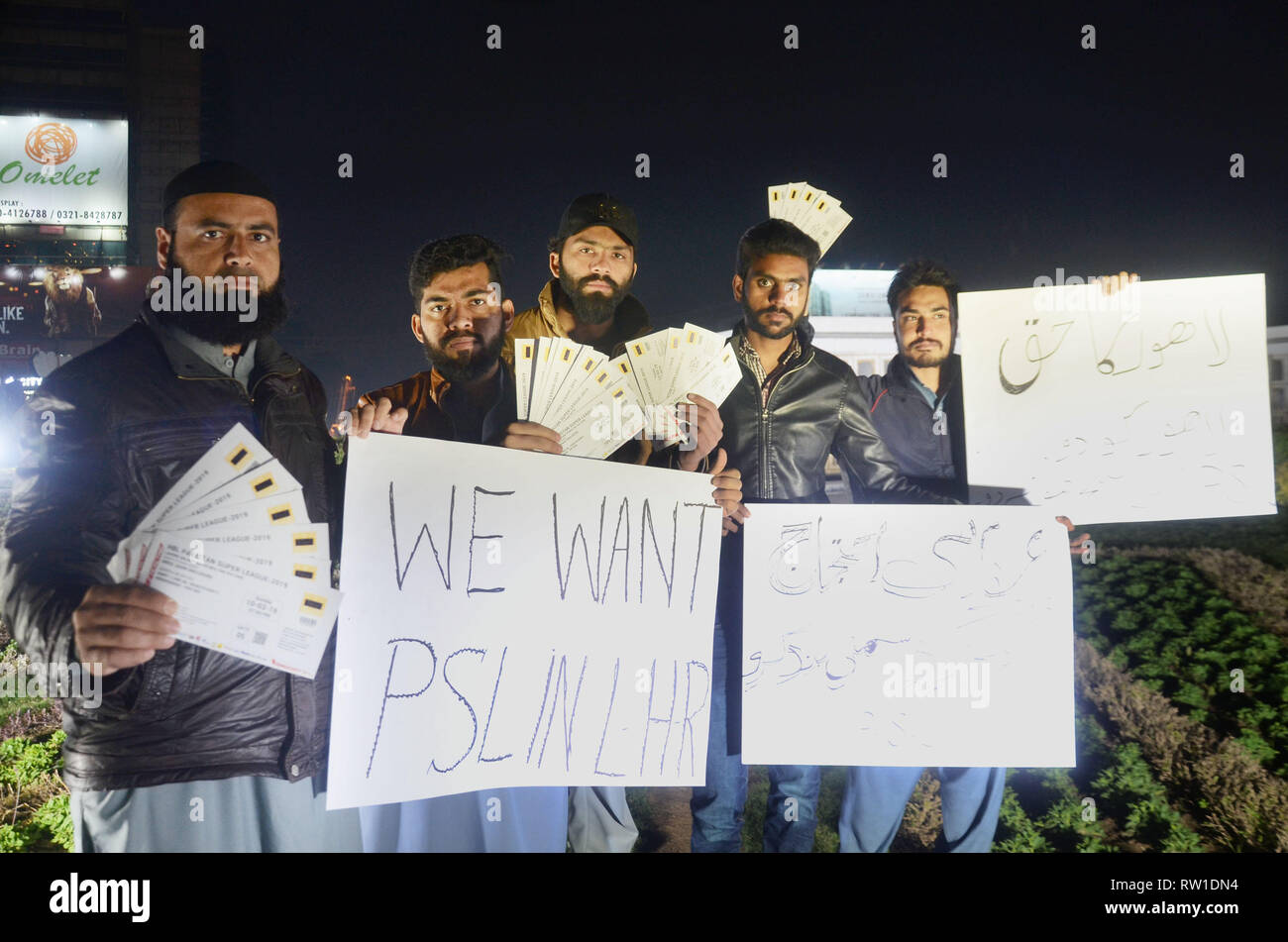by Fatima Qureshi
Source: AtiManarj News (2017)
Sufi shrines in Pakistan have been key targets of the Islamic State and Taliban last year, with at least 75 people killed at a popular shrine known as Lal Shahbaz Qalandar in early February.

Vision/Mission Liberty Mills Limited, located in the industrial heart of Karachi, Pakistan, was established in 1964. From humble beginning it is today one of the largest textile processing and production unit in Karachi, Pakistan with a production capacity of about 500,000 square meters of fabric per day. 'Dedicated to the legacy of the late Hameed Nizami' Arif Nizami (Editor) 4-Shaarey Fatima Jinnah, Lahore Ph: +5963-5 Fax: 02 Ph: +273 Islamabad, Ph: +1208-9. Liberty Books Karachi: اردو رسائل و جرائد. GREAT REASONS TO JOIN NOW – PAKISTAN’S PREMIER BOOK CLUB More Big Saving. As a member you will get regular club discount of 20-30% off every book we offer. With Special discounts you can save up to 60%! Free Quarterly Bulletin.
Liberty Magazine Karachi
Built in 1356, the shrine is the tomb of Syed Muhammad Usman Marwandi, one of the most venerated poets and saints in Pakistan and Afghanistan. At the time of the attack, thousands of followers gathered to pray in the form of devotional dance and percussion.
But the erasure of Sufi houses of worship only persisted, especially when highly esteemed Sufi qawwali artist Amjad Sabri was gunned down in Karachi in the same year.
Terrorism has been the sole perpetrator to take down and wipe out the Sufi tradition, calling it unorthodox from mainstream Sunni Islam in the subcontinent. But why do Sufi saints and worshippers practice the faith in the form of music and dance, and how are they countering stigma from conservative Muslim groups?
As an audience member enthralled by the serenading and poetic numbers, the purity of the Urdu language weaved in with meanings in Farsi and Arabic began with PSA.
“Sufism can counter terrorism, as we need to promote the message of Sufism if we really want to eradicate extremism, terrorism and terrorists from our country. It is the true spirit of Islam, which only asks to respect humanity and love human beings irrespective of caste, gender, sects and religion,” the organizers said.
Source: Hubullah Welfare Society (2018)
Liberty Magazines Karachi

The Lahore Arts Council (LAC), in collaboration with the nonprofit Hubullah Welfare Society, is well-known for setting up platforms to exhibit informed artistic pieces. The annual Sufi night, however, has been attracting young audiences more than ever.
“The recent tragedy that befell Sufi shrines really had me thinking about why terrorists would single them out. Tonight I’ve never felt more enlightened by the litany of love and devotion they embrace so boldly, front and center,” one college student told me. Rashida attends the nearly packed auditorium with her friends who all study at the National College of Arts.
“Although I belong to the Sunni-majority community of Pakistan, we need to appreciate the diversity of our religion. The musicians we have tonight, Aitzaz Gul, for instance, is from our generation and he’s singing a well-known song of Divine praise (or qawwali) Dama Dam Mast Kalandar,” she continued.
Source: DailyTimes.pk (2018)
Drowned in immortalizing poetry, artists never cease to beat the drums of resistance in dense politically motivated tracts. Emanating from contemporary Sufi performers were the message of collective mobilization against hate-preaching militant groups, and young people in the audience were gauged by Islamic expressions wrapped in the language of social justice.
Familiar choice of words to any Muslim in the qawwalis ranged from “baraka” (or blessing from a Higher Power) and “ummah” (or community of Muslims). The essence of worship is intended to awaken the purity within the heart of a believer, whether in tomb-turned-shrines or open-air rooms for whirling dervishes.
Source: Hubullah Welfare Society (2018)
In addition to this, choirs of instrumental bands were in large part the backbone of all performances, justified by prominent advocate-writer Al-Ghazali to be legitimate in Islam in spreading goodwill.
All of this was displayed in back-to-back shows, telling moving stories understood by anyone to value deeper values of our spirits and ward off incendiary intentions of any size, vocalized in the pluralism of cultural and religious traditions of music.